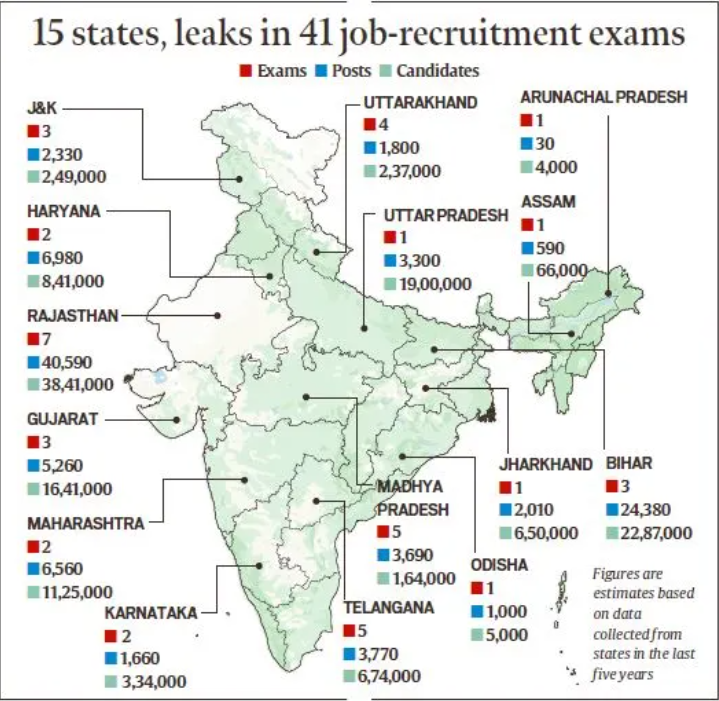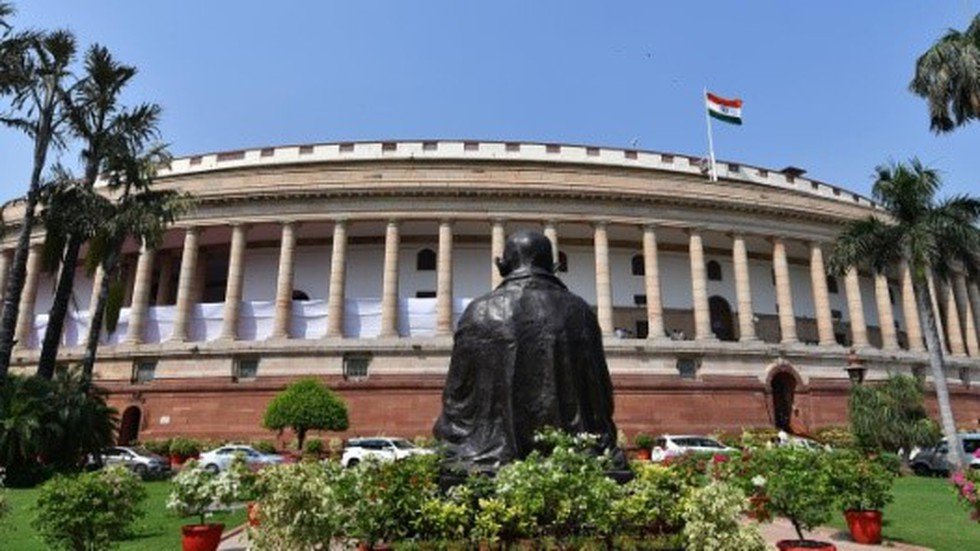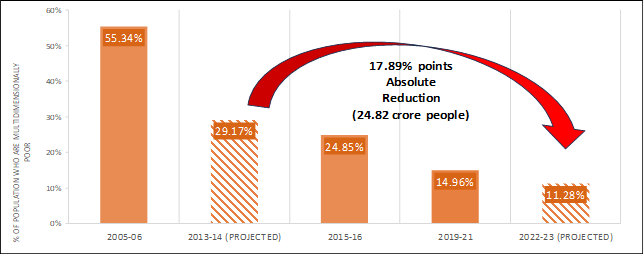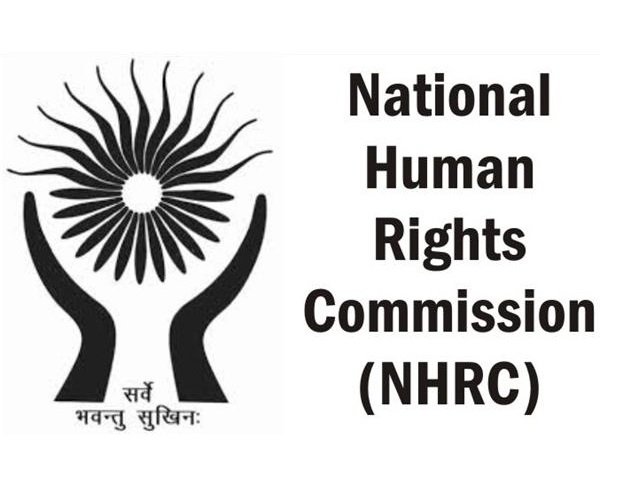
Public Examinations (Prevention of Unfair Means) Bill, 2024
Subscribers of "Current Affairs" course can Download Daily Current Affairs in PDF/DOC
Subscribe to Never Miss an Important Update! Assured Discounts on New Products!
Must Join PMF IAS Telegram Channel & PMF IAS History Telegram Channel
- Context (IE I TH I LM): The Public Examinations (Prevention of Unfair Means) Bill, 2024, (PEB) was introduced in Lok Sabha.
- At present, there is no specific law to deal with unfair means adopted or offences committed during Public examinations.
Why is a comprehensive law need of the hour?
- The leaks derailed the schedules of 1.4 crore applicants.
- More than 70 cases of question paper leaks have occurred in the period from 2016-23.
- Malpractices in public examinations lead to delays and cancellation of examinations, adversely impacting the prospects of youth.
- In most cases, months and years have gone by without action and accountability.
- Various state governments have introduced their legislation and ordinances, but the laws have not been effective in curbing the malpractice.

Objective of the Bill
- To bring greater transparency, fairness and credibility to the public examination systems.
- To fairly reward and reassure youth as per their sincere and genuine efforts.
- Legally deterring persons, organised groups or institutions that indulge in various unfair means and adversely impact the public examination systems for monetary or wrongful gain.
- The Bill will serve the vital function of being a model draft for States to adopt at their discretion.
Provisions of the Bill
Unfair Means- Offences in relation to public examinations
- The Bill lists 15 actions as unfair means. These acts include:
- Leakage of question paper or answer crucial or part thereof and colluding in such leakage;
- Taking possession of question paper or an OMR sheet without authority;
- Tampering with answer sheets, including Optical Mark Recognition response sheets;
- Providing a solution to questions by any unauthorised person during a public examination;
- Directly or indirectly assisting the candidate in a public examination.
- Creation of fake websites to cheat or for monetary gain.
Public examinations
- A “public examination” is any examination conducted by:
- A “Public examination authority” listed in the Schedule of the Bill or
- Any “such other authority as may be notified by the GOI”.
- The schedule lists five public examination authorities:
- Union Public Service Commission (UPSC),
- Staff Selection Commission (SSC),
- Railway Recruitment Boards (RRBs),
- Institute of Banking Personnel Selection (IBPS) and
- National Testing Agency (NTA).
- Departments of the GoI and attached offices for recruitment will also come under the new law.
Service provider
- Definition: Any agency, organisation, and provider of support of any computer resource “which is engaged by the public examination authority for conduct of public examination”.
Responsibilities of service providers
- Service providers must report to the police and the concerned examination authority in the event of a violation of provisions of the Bill.
- Failure to report such incidents will be an offence.
- Service providers are prohibited from shifting the exam centre without permission from the examination authority.
Candidate
- A person who has been granted permission by the public examination authority to appear in a public examination
- It also includes a person authorised to act as a scribe on his behalf in the public examination.
- He/she shall not be liable for action under the proposed legislation.
High-level national technical committee on public examinations
- To make recommendations on making the computerised examination process more secure.
- The committee shall look into developing protocols for
- Insulating digital platforms,
- Devising ways and means for developing foolproof IT security systems,
- Ensuring electronic surveillance of examination centres and
- Formulating national standards and services for both IT and physical infrastructure to be deployed for the conduct of such examinations.
Punishment and Penalty
- Punishment for “any person or persons resorting to unfair means and offences” can be three to five years in prison and a fine up to Rs 10 lakh.
- If the convict fails to pay the fine, “an additional punishment of imprisonment shall be imposed, as per the provisions of the Bharatiya Nyaya Sanhita, 2023.
- PEB makes “threatening the life, liberty or wrongfully restraining persons associated with the public examination authority or the service provider or any authorised agency of the government; or obstructing the conduct of a public examination” as a punishable offence.
- PEB bars any person who is not entrusted with the work pertaining to the public examination or its conduct or who is not a candidate from entering the premises of the examination centre with the intent to disrupt the conduct of the test.
Service Provider
- An offence by a service provider will be punishable with a fine of up to one crore rupees.
- Proportionate cost of examination will also be recovered from such a service provider.
- Further, they will also be barred from conducting public examinations for four years.
Organised crimes
- It is defined as an unlawful act committed by a person or a group of persons to further a shared interest for wrongful gain in relation to public examinations.
- The Bill specifies a higher punishment for organised crimes-
- Individual: Imprisonment up to five and ten years; A fine of at least one crore rupees.
- Institution: Property will be forfeited; A proportionate cost of the examination is to be recovered from the Institution.
Inquiry and investigation
- All offences under the Bill will be cognisable, non-bailable, and non-compoundable.
- No action will count as an offence if it is proved that the accused had exercised due diligence.
- An officer not below the rank of Deputy Superintendent or Assistant Commissioner of Police will investigate the offences under the Act.
- The GoI may transfer the investigation to any central investigating agency.
|
|





![PMF IAS Environment for UPSC 2022-23 [paperback] PMF IAS [Nov 30, 2021]…](https://pmfias.b-cdn.net/wp-content/uploads/2024/04/pmfiasenvironmentforupsc2022-23paperbackpmfiasnov302021.jpg)











